A Parental Guide to Mental Health, Identity, and the End of the World
Introduction
On the surface, Neon Genesis Evangelion looks like a mecha anime—teenagers piloting giant robots to fight off monstrous threats. But the real battles? They happen inside the characters.
This 90s classic is praised for redefining anime, not because of its action scenes, but because of how deeply it explores mental health, identity, trauma, and isolation. It’s not easy to watch. It’s not supposed to be. And for teens, that can either be eye-opening or overwhelming.
So before you hit play, here’s what you need to know.
Overview
Neon Genesis Evangelion follows 14-year-old Shinji Ikari, a quiet, insecure boy who’s recruited to pilot a giant bio-mechanical weapon called an Evangelion. Earth is under threat from mysterious beings called Angels, and Shinji—like the other young pilots—is tasked with saving humanity.
But the mechs and monsters are just a metaphor. The real story unfolds through Shinji’s internal conflict, his strained relationship with his father, and the psychological breakdowns that ripple across nearly every character. There’s no clear villain, no clean resolution—just a layered, emotionally exhausting journey into what it means to exist, to connect, and to suffer.
Themes
Depression and Identity Crisis
Shinji suffers from deep-rooted anxiety and low self-worth. His constant internal battle—“Am I good enough?” or “Do I even deserve to exist?”—is at the heart of the story. It’s not subtle. It’s raw. For some teens, it may feel too relatable.
Other characters, like Rei and Asuka, reflect different coping mechanisms for trauma—emotional numbness, arrogance, and withdrawal. None of them is emotionally stable. That’s the point. This is a story about mental illness—wearing a sci-fi mask.
Parental Abandonment and Pressure
Shinji’s father, Gendo, is emotionally absent and cold—yet the one in control of Shinji’s life. Their fractured relationship drives much of Shinji’s despair. The show explores what it feels like to be used, to be seen as a tool instead of a child. For viewers with difficult parental dynamics, this can cut deep.
Existentialism and Loneliness
As the series progresses, it moves further into abstract, philosophical territory. The final episodes blur the line between reality and thought, diving into human consciousness, fear of rejection, and the need for connection. It’s more therapy session than narrative climax—and it leaves many teens confused, moved, or unsettled.
Age Preference
Recommended for: 16+ (With Guidance)
While there’s little explicit content, the emotional intensity and psychological themes are not suitable for younger teens or sensitive viewers. This is best watched by older teens or young adults who can process metaphors, ambiguity, and mental health depictions.
Who Should Not Watch
- Younger teens (under 15)
- Teens struggling with depression, self-harm, or emotional isolation
- Viewers looking for a typical action or mecha show
- Anyone hoping for straightforward storytelling or emotional resolution
The show offers no easy answers. It’s intentionally messy. For some, that’s profound. For others, it can feel destabilizing.
Lessons From It
Evangelion doesn’t offer clear morals—but it holds up a mirror.
It shows that everyone carries pain. That pretending to be okay doesn't make the hurt go away. That connection is terrifying—and necessary. That even when you don’t feel worthy of love, it doesn’t mean you don’t deserve it.
Shinji’s journey, as frustrating as it can be, is honest. He doesn’t save the world by becoming a hero. He learns—slowly, painfully—to face himself. And maybe, for the right viewer, that’s the most important thing to witness.
Conclusion
Neon Genesis Evangelion is not an easy show to recommend. It’s brilliant, yes. Groundbreaking. But also emotionally intense, psychologically unfiltered, and—at times—deeply uncomfortable.
If your teen is interested in watching it, talk to them. Ask what they know about it. Make space for conversations about what it brings up—because it will bring things up. For the right viewer, it can offer validation, insight, and even comfort. For others, it might be too much too soon.
Because Evangelion isn’t about fighting monsters. It’s about facing the one inside yourself. And that kind of story needs to be handled with care.


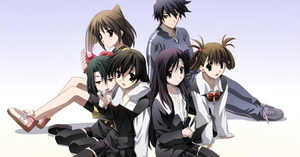
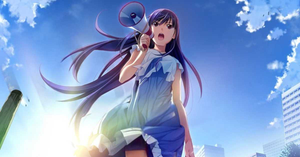
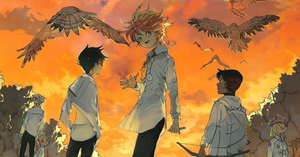
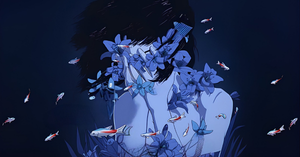

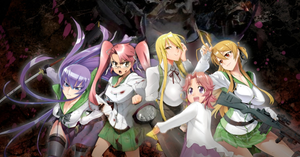
Be the first one to comment on this story.